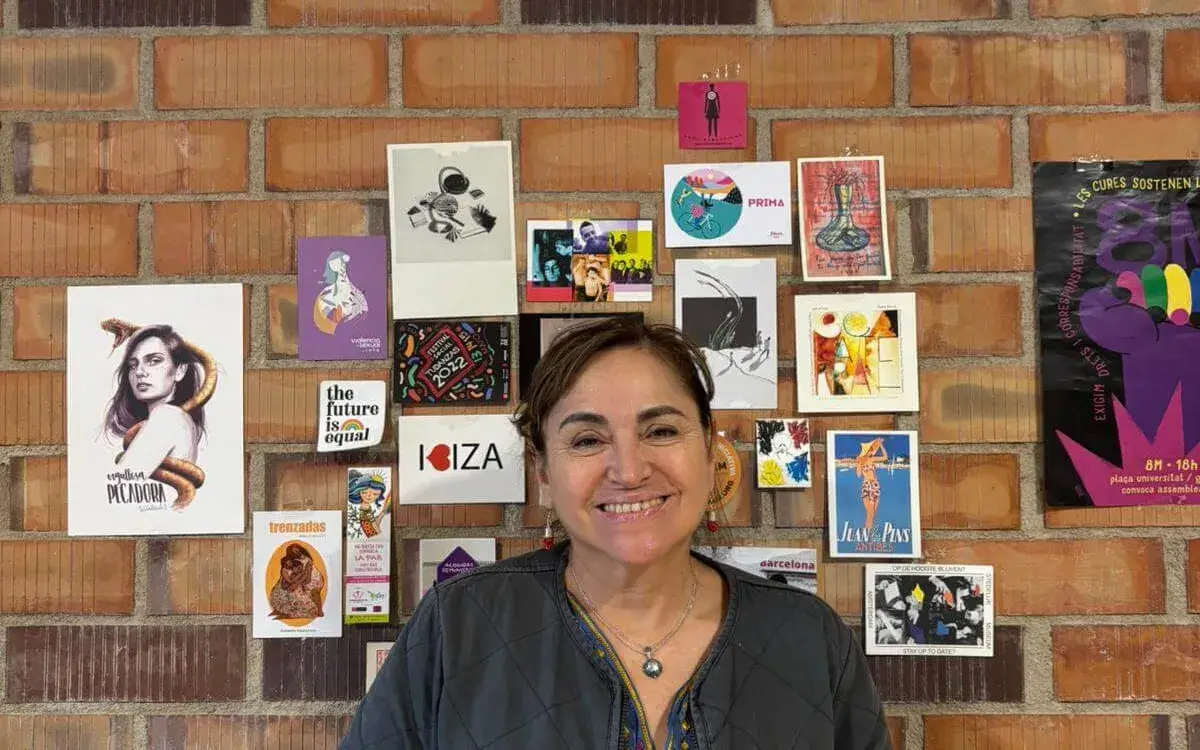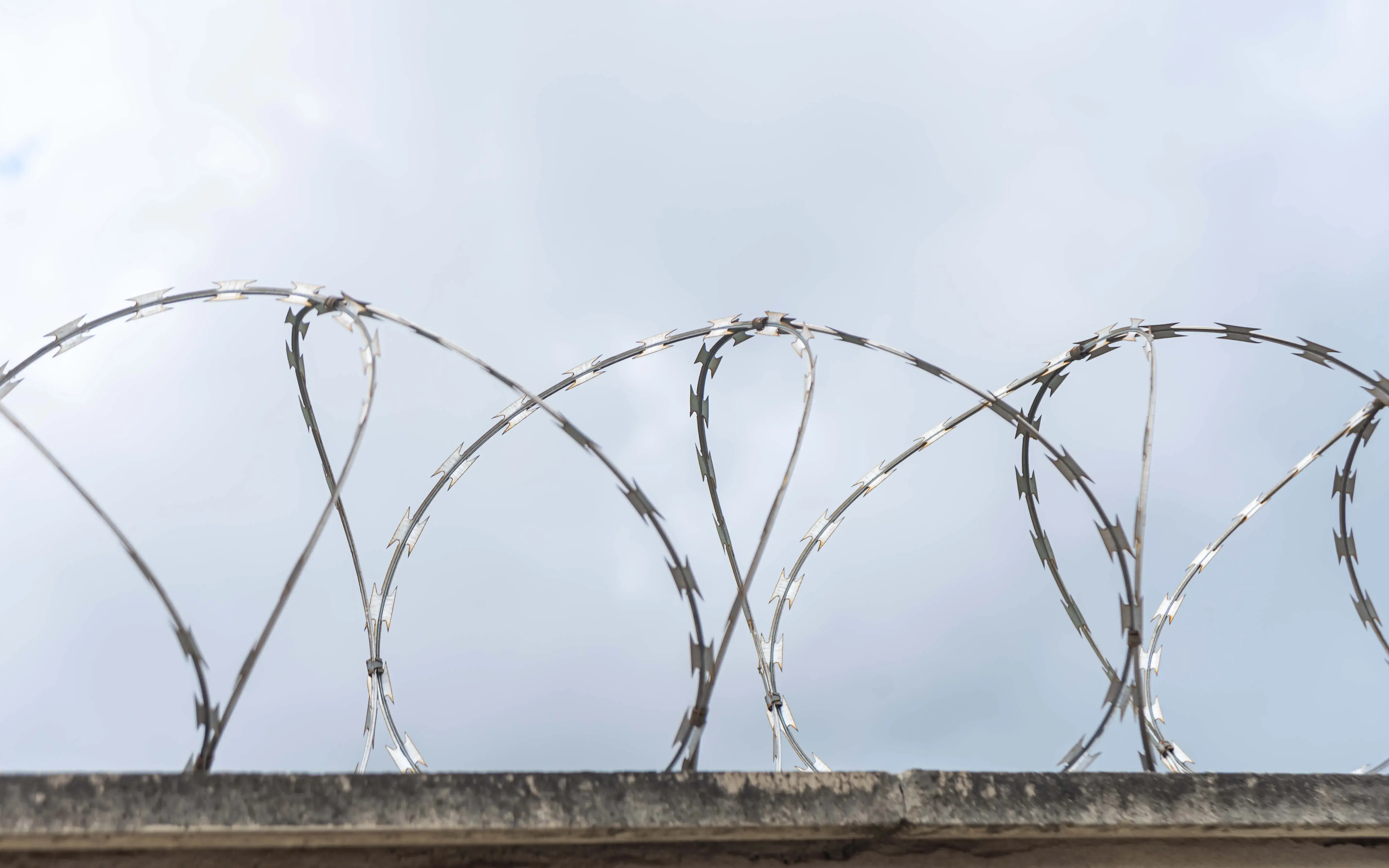With the termination of Title 42 this week, Project HOPE anticipates greatly increased health and humanitarian needs for migrant guests arriving at the U.S.-Mexico border.
Economic, social, and political pressures have caused massive displacement of people around the globe, dramatically increasing the number of people seeking asylum. A growing number of migrants from countries like Mexico, El Salvador, Honduras, Guatemala, Venezuela, Haiti, and Cuba are risking their lives to reach the United States.
For most, the factors for leaving their home country include violence, political instability, exacerbated poverty levels due to rising inflation and the COVID-19 pandemic, and the impacts of climate change on extreme weather, agriculture, and livelihoods.
Migrants that make the journey north risk exhaustion, hunger, violence from criminal gangs, robbery, sexual abuse, and human trafficking.
Children arrive at shelters malnourished and dehydrated due to a lack of food and clean water during their journey. Women and children face a risk of sexual violence and human trafficking. Many migrants that make the journey are unaccompanied minors.
Andrea Dunne-Sosa, Senior Regional Director for Project HOPE, said:
“With Title 42 coming to an end, migrant shelters are in desperate need of additional support to address the health needs of migrant guests. There is an urgent need to strengthen the capacity of health workers and shelters to meet these needs and stave off a humanitarian crisis. Migrant families are arriving to shelters along the U.S. and Mexico border past the brink of exhaustion. We are particularly concerned about children, pregnant women, and those with disabilities that require specialized care.”
Project HOPE, in collaboration with partners along the U.S.-Mexico border , has conducted a humanitarian needs assessment to understand how to best support migrant shelters and local humanitarian organizations to address urgent needs.
The anticipated health needs include first aid and medical supplies, health and hygiene kits, and over-the-counter medicines to address primary health needs before guests travel to their next destination.
Project HOPE will be addressing the need for surge staffing to meet the growing demands for medical coordination, triage and first aid, and community health worker engagement.
Project HOPE has a long history of addressing the health needs of displaced people around the world, including providing maternal and child health care along the Colombia-Venezuela border, supporting earthquake survivors in Türkiye and Syria, providing primary health services to internally displaced people in places like Ethiopia and Ukraine, and partnering with clinics in Texas, Louisiana, Alabama, Georgia, and Florida that support refugee and migrant communities.






Add new comment